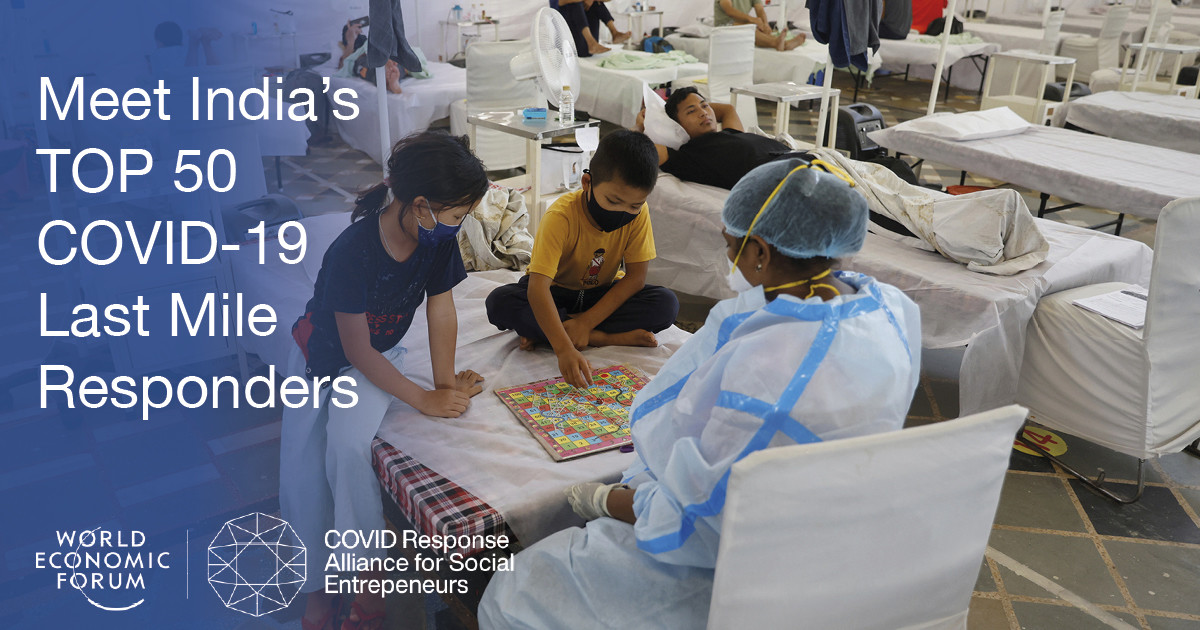[ad_1]
- This daily roundup brings you a selection of the latest news and updates on the COVID-19 coronavirus pandemic, along with tips and tools to help you stay informed and protected.
- Headlines: Australia to ease border restrictions for residents; Warning on the lack of vaccines for health workers in Africa; Singapore reports the largest one-day increase in cases.
1. How COVID-19 is affecting the world
Confirmed cases of COVID-19 have exceeded 233.7 million worldwide, according to Johns Hopkins University. The number of confirmed deaths stands at more than 4.78 million. More than 6.24 billion doses of vaccination have been administered worldwide, according to Our World in Data.
From October 4, elementary school students in regions of France with a low rate of COVID-19 infection will no longer need to wear protective masks.
Preprinted research, which is due to be published in The Lancet, suggests it is safe to give a COVID-19 vaccine and a flu shot at the same time.
Malaysia has given conditional approval for the Sinovac COVID-19 vaccine to be used for young people aged 12 to 17.
Malaysia also announced that it will be mandatory for all federal government employees to be vaccinated against COVID-19 – with the only exemptions for health reasons.
Somalia’s first public oxygen plant has opened, offering hope for a country where life-saving treatments for COVID-19 patients are largely unavailable.
Greece will introduce a nighttime curfew and ban music in bars, cafes and restaurants in its second largest city, Thessaloniki. The move comes after an increase in COVID-19 cases.
Egypt has received 1.6 million doses of Pfizer / BioNTech COVID-19 from the United States through the COVAX vaccine sharing center.
New daily confirmed cases of COVID-19 in Ukraine have risen to nearly 12,000 for the first time since April, according to data from the Ministry of Health.
Singapore recorded its biggest one-day increase in confirmed COVID-19 cases since the start of the pandemic – 2,478.
New daily confirmed cases of COVID-19 per million people in some countries.
Image: Our world in data

Each of our 50 last mile social enterprise and multi-stakeholder first responders works in four priority areas of need: prevention and protection; Treatment and relief of COVID-19; inclusive access to vaccines; and securing livelihoods. The list was curated in conjunction with the NASE regional hosts of Catalyst 2030 and Aavishkaar Group. Their profiles are available at www.wef.ch/lastmiletop50india.
Top Last Mile Partnership Initiatives to Work With:

2. Australia relaxes border restrictions for residents
Australian Prime Minister Scott Morrison has announced that an 18-month ban on Australians traveling abroad will be lifted from October. The ban has been in place since March 2020, with only a limited number of people allowed to leave for critical business or humanitarian reasons.
The reopening of the international border for citizens and permanent residents will be linked to the establishment of a home quarantine in Australia’s eight states and territories, Morrison said, which means parts of the country will reopen sooner than others.
“It’s time to bring Australians back to life. We have saved lives,” Morrison said at a televised press conference. “We have saved livelihoods, but we have to work together to ensure Australians can get back the life they once had in this country.”
Other changes should allow foreign travelers to enter Australia.
3. Health workers in Africa are at risk due to slow vaccine deployment: WHO
Only 15 of Africa’s 54 countries have fully immunized 10% of their population against COVID-19 and many frontline health workers remain at risk, the World Health Organization and the International Council of Nurses said yesterday. (CII).
The two organizations called for accelerating the distribution of doses to people at risk.
WHO had called for at least 10% of health workers in each country to be immunized by September 30 – a target achieved by nearly 90% of high-income countries, the UN health agency said .
“Despite the promises, we are not seeing the delivery. And this is a health and human rights crisis,†said ICN Executive Director Howard Catton. “Today nurses and health workers will always go to work knowing they are at greater risk, but lack the protection of the vaccine.”
Meanwhile, some wealthy countries are already giving boosters and vaccines to young people, he said.
COVID-19 vaccine doses administered by continent.
Image: Our world in data

[ad_2]
